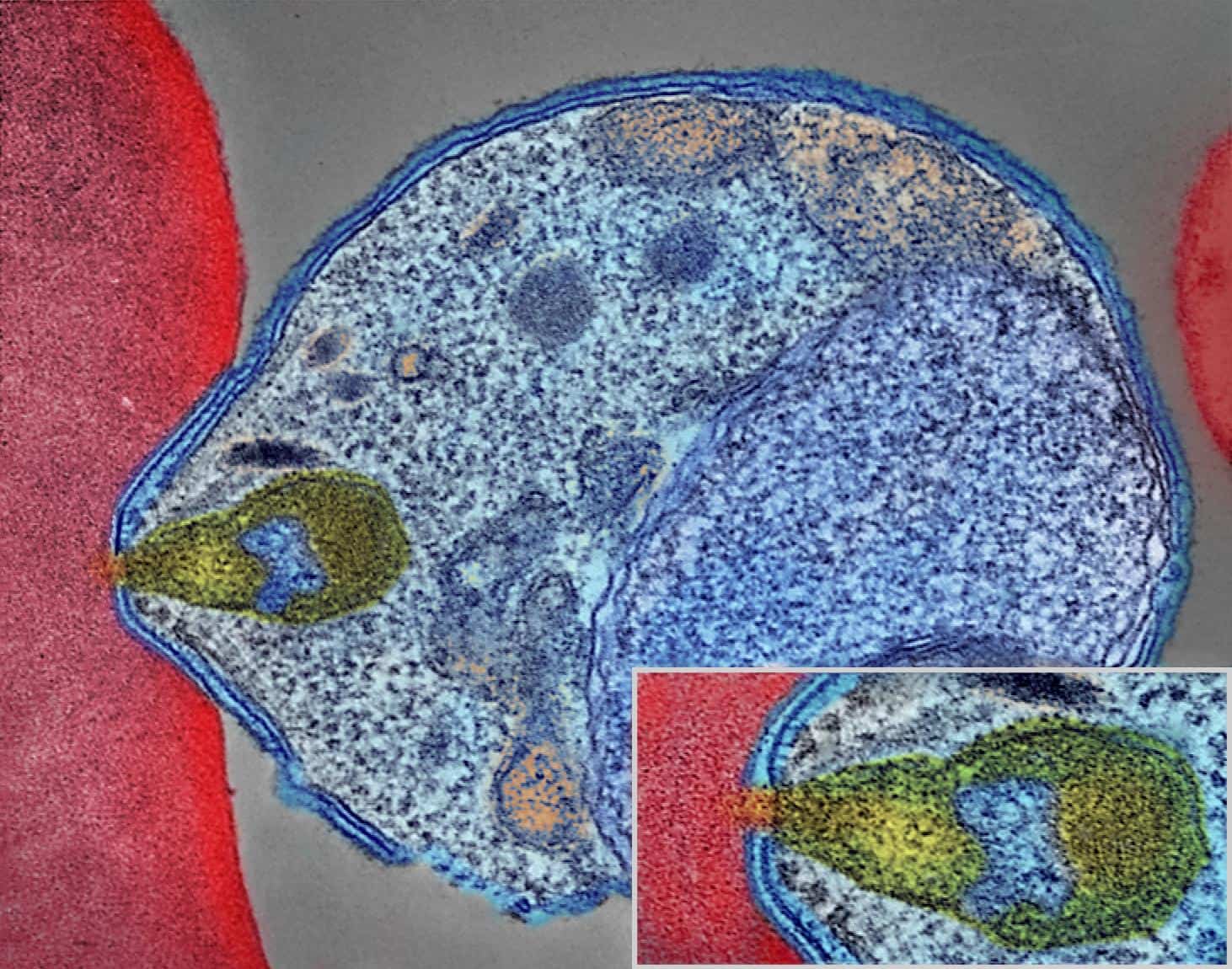By Ciku Kimeria /African Arguments/ – With COVID-19 cases in Africa reaching 1,904,820 with over 45,954 deaths, the dangers the pandemic poses are clear. At the same time, it is important to recognise the increased risks posed by one of the continent’s most deadly diseases.
Malaria results in nearly half a million deaths globally every year, with about 90% of cases occurring in sub-Saharan Africa. Due to disruptions of the delivery of mosquito nets and anti-malarial medicines this year, however, the World Health Organization (WHO) has warned that malaria deaths in sub-Saharan Africa could double. In fact, it is possible that disruptions due to COVID-19 will result in more deaths from malaria, TB and HIV than the coronavirus itself.
What should countries where malaria is endemic do to prevent this scenario? Ghana and Sierra Leone provide interesting case studies. These two West African countries among fifteen African countries that, as of 2019, have started implementing their Zero Malaria Starts With Me campaigns. This movement was started by the non-profits Speak up Africa and PATH in collaboration with Senegal’s National Malaria Control Programme and is now co-led by the African Union and RBM Partnership to End Malaria.
Shifting focus in Sierra Leone
Sierra Leone’s situation is relatively unique in that it was one of three West African countries ravaged by the Ebola outbreak in 2014-2016. This experience provided it with lessons on how to curb the spread of infectious diseases, but it may have also meant that its citizens were more fearful when COVID-19 hit. According to James Wallen, Malaria Programme Officer at Speak up Africa: “We have heard of mothers being afraid to take their young children to health centres when they have a fever out of fear of catching COVID-19, thereby potentially leaving them with untreated malaria.”
This is worrying given that children are at more risk from malaria than the coronavirus. 70% of malaria death are of children under five. It is also concerning if the broader population is avoiding getting medical help for malaria due to fears of catching COVID-19. In Sierra Leone, more than a quarter of the population is infected with malaria at any given time and 4 out of 10 of hospital consultations are for the often deadly disease.
In the face of these concerns, Sierra Leone distributed 4.6 million bed nets nationwide in May and June despite the pandemic. They changed their strategy to ensure social distancing and provided healthcare workers with Personal Protective Equipment (PPE). When lockdown measures made it difficult to carry out physical events, the campaign also shifted its focus to mass communications to amplify key messages across different platforms for different audiences. This included a call-to-action video, a televised animation, and a song featuring twelve well-known musicians that is now making waves.
Thanks to the efforts of champion journalists, coverage on malaria in the traditional news media saw a sevenfold increase in the first half of 2020 compared to the same period in 2019. Furthermore, a recent series of District Leadership Forums mobilised a wide variety of groups and key stakeholders to drive education and action at the community level.
Gaining champions in Ghana
Ghana has continued its anti-malaria efforts with similar zeal. Over the last seven years, the country has seen an incredible 88% reduction in the number of confirmed malaria deaths – from 2,799 in 2012 to 333 in 2019 – and campaigners are keen for this trend to continue.
Their strategy this year has been primarily focused at the national level and has benefited from various prominent supporters. Figures such as First Lady Rebecca Akufo-Addo have raised the profile of the issue. Meanwhile, journalists, editors and others in the media have signed declarations to keep malaria in the public eye and established the Malaria Media Coalition.
As part of Zero Malaria Starts With Me, Ghana has also set up a National Malaria Advocacy Committee. This multi-sectoral body comprises of experts and leaders from government, civil society, the private sector, financial and technical partners, and academia. It is hoped that this group will help to amplify advocacy and resource mobilisation efforts, especially in terms of engaging the private sector engagement and building political will.
Keeping up momentum
Over the past few decades, great strides have been made in the global fight against HIV/AIDS, tuberculosis and malaria. In the case of the malaria, efforts since 2000 may have saved 600,0000 lives and prevented 100 million malaria cases each year.
Across the continent, African countries have made tremendous progress and it’s critical we do not lose this momentum amid the pandemic. Sierra Leone and Ghana provide some lessons that other countries could look to in pursuing their own strategies.






